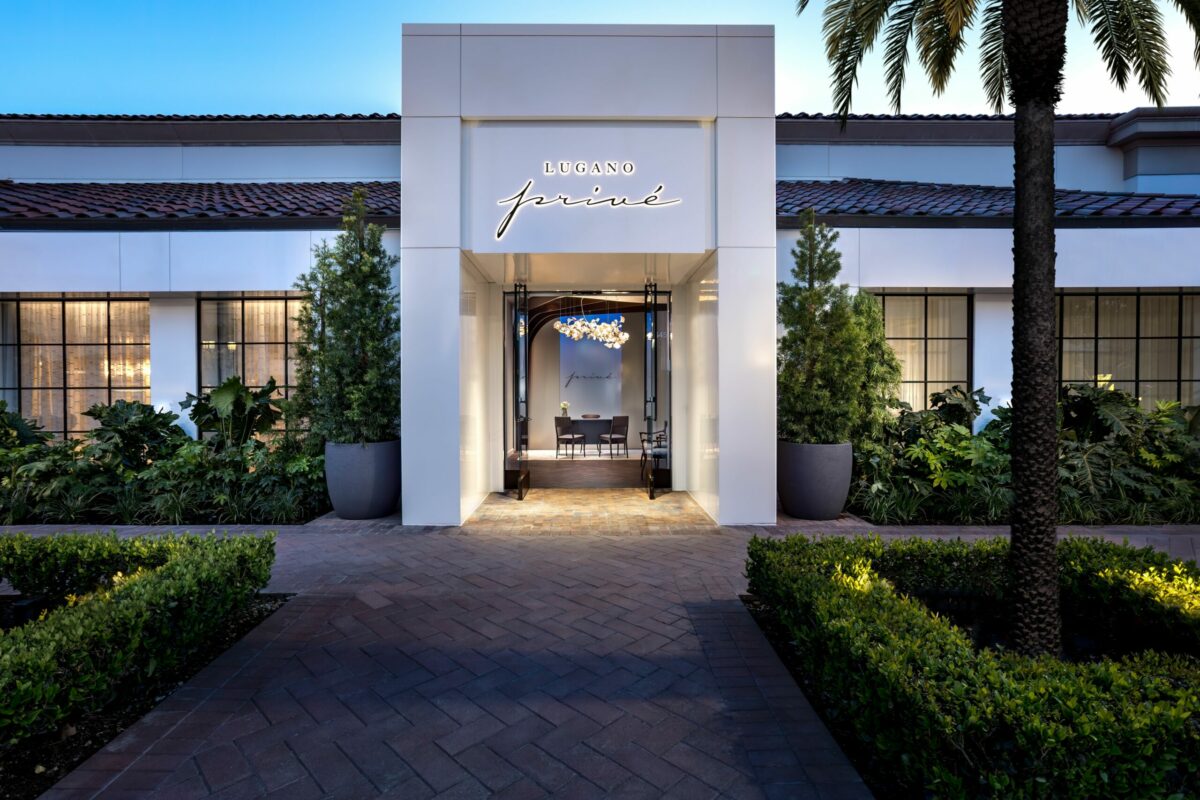
Compass Diversified last week announced it has “restricted” investment in its troubled Lugano unit to focus on the eight other companies in its portfolio.
Compass also announced it’s suspending its dividend “to preserve cash and protect long-term value,” and it also entered into a forbearance agreement with its lender group to provide sufficient liquidity to maintain normal operations. The company ended Dec. 31 with $59.7 million in cash.
Shares fell 12% to $6.61 after last week’s announcement. This decline follows a 62% drop on May 8 after the company disclosed it was launching a probe into the Newport Beach-based luxury jeweler’s inventory and financing practices; the shares fell that day to an all-time low of $6.05. At press time, the stock traded at $6.65 and a $500 million market cap (NYSE: CODI).
The market cap of Compass has lost about $700 million since the company revealed irregularities at Lugano, a maker of high-end jewelry that can top $1 million apiece.
“Our structure and diversified business model give us the flexibility to help isolate and ring fence the challenges at Lugano while continuing to support the growth and execution of our healthy businesses,” Compass Chief Executive Elias Sabo said in a May 27 statement.
“CODI’s other eight subsidiaries continue to execute, and we believe they are well positioned to grow in their respective markets. As our subsidiaries generate cash, we are focused on quickly deleveraging and ultimately maximizing value for all shareholders.”
One of those eight other subsidiaries is 5.11 Tactical, a Costa Mesa-based apparel company that employs 1,170, including 165 in Orange County.
While Compass is technically headquartered in Westport, Connecticut, several of its top executives work out of its offices in Costa Mesa.
Ratings and Forecasts on Hold
Compass on May 7 revealed that Lugano was under internal investigation following concerns about its inventory financing methods.
A probe’s preliminary findings have uncovered “irregularities” tied to Lugano’s financing, accounting and inventory practices.
Compass has postponed filing its first quarter results pending its investigation into Lugano.
“Previously issued financial statements for 2024 require restatement and should no longer be relied upon,” the company said.
It was also revealed that Lugano co-founders, CEO Moti Ferder and his wife Idit Ferder, have left the company.
Analysts haven’t released new reports following the May 27 announcement.
Firms such as Raymond James and TD Cowen put on hold their ratings and price targets for Compass following the May 7 announcement about the Lugano investigation.
“The company (is) expected to need to restate FY24 financials (and we believe earlier periods may also be unreliable)—such financials are obviously a core underpinning of our financial models and rating,” Raymond James analyst Robert Dodd wrote in a note to investors.
Jefferies analyst Matthew Hurwit wrote that the accounting irregularities were “possible off-balance sheet financing by Lugano’s former CEO who has resigned without severance.”
Compass’ Gem Turns Bad
Lugano was by far the most profitable unit last year at Compass, which purchased a 60% stake in the company for $265.1 million in 2021.
Lugano’s sales jumped 53% to $470.7 million in 2024 while its operating income surged by 83% to $183 million. Compass last year reported sales climbed 12% to $2.1 billion in sales and operating income of $230.1 million.
As recently as Feb. 28, Compass executives praised Lugano, with CEO Sabo telling analysts that the parent company would fund Lugano’s long-term growth by spending “significant amounts of working capital” for retail expansion. Compass’ capital expenditures were expected to land between $80 million to $90 million this year, driven by investments at Lugano.
The luxury company, which Compass had called a continual “user of cash,” has three new openings planned for 2025.
Last month, President Josh Gaynor was appointed as interim CEO, and Chief Financial Officer Christoph Pachler took over as president. Both joined the jewelry business last year.
Jefferies analyst Hurwit said Lugano’s leadership upheaval could cause “operational uncertainties” and a loss of trust by its ultra-high net worth clients (UHNW).
“Lugano’s business model relies heavily on reputation and personal trust among UHNW individuals, and the founder/CEO was the top salesperson and relationship holder. His departure risks disrupting client relationships,” Hurwit wrote in his report.
